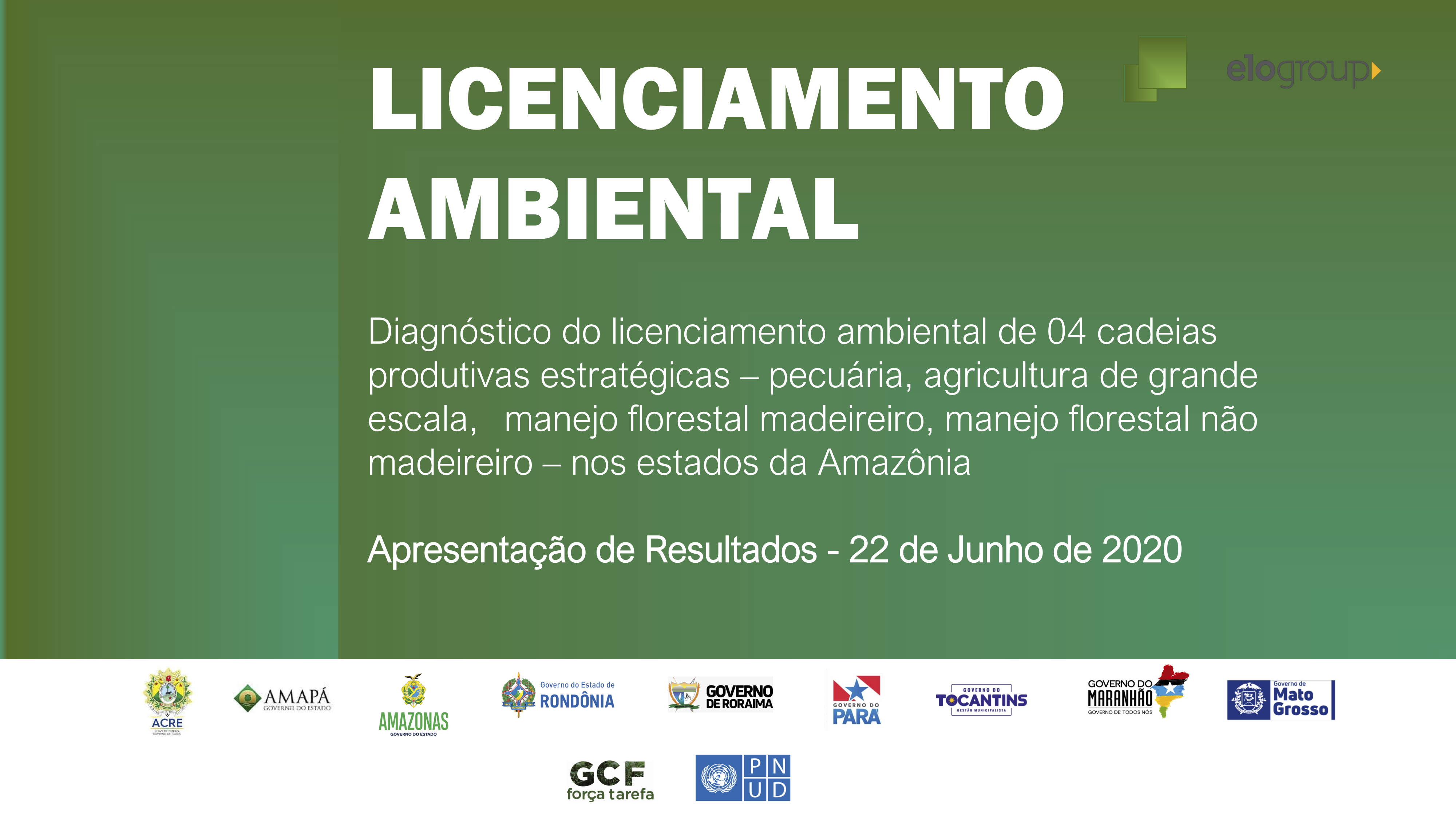Released in June this year, a new report on Environmental Licensing in Brazil presents a diagnosis of environmental licensing in four strategic productive chains for the Legal Amazon region: livestock, large-scale agriculture, timber forest management and non-timber forest management.
With support from the United Nations Development Program (UNDP), the report presents the joint efforts of the Secretaries of Environment from nine Brazilian Amazon States.
Methodology for the Environmental Licensing report included the analysis and comparison of standards, processes and practices in each of the nine states, in addition to surveys conducted with specialists responsible for environmental licensing and with rural producers to understand their perceptions and incorporate their perspectives.
The report identifies the need to consolidate progress and overcome challenges related to the Rural Environmental Registry (CAR)—which, despite being perceived positively by both producers and state environmental agencies, imposes critical bottlenecks around the licensing process and technological methodologies.
Additionally, the report calls for the speeding up and simplification of environmental licensing and project monitoring in the post-license phase—which suffers from slowness, over-complexity and profusion of bureaucratic devices. In many cases, limited capacity in state environmental agencies prevents efficient monitoring and renewal routines after the first license or authorization is issued.
Notably, several states have already adopted measures to simplify licensing, which must be combined with innovative methods for monitoring projects in the post-license phase.
Efficient and effective technological systems are especially critical in today’s digital environment. Data integration and automation within environmental agencies are key to increasing productivity and strengthening managerial control over monitoring processes.
Finally, the report highlights the need to transform the relationships between the licensing model and applicant. Often, applicants encounter difficulty in accessing information and services, receiving adequate incentives for compliance, and high transaction costs with no value generation.

